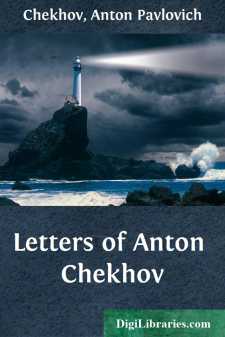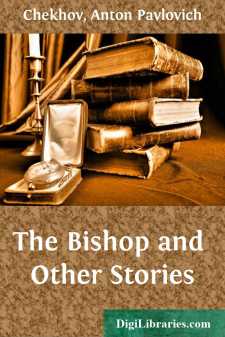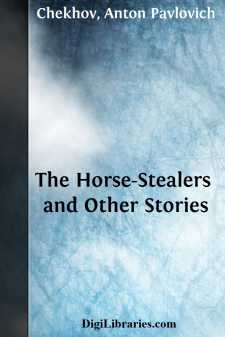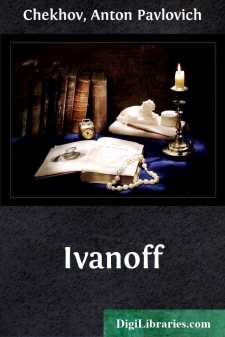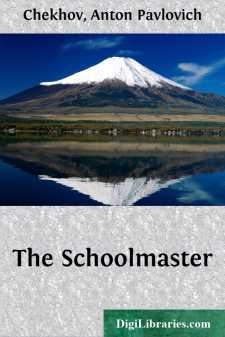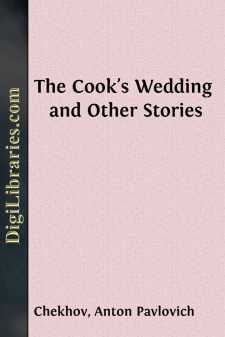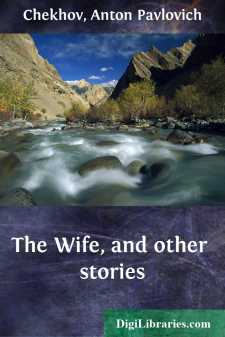Categories
- Antiques & Collectibles 13
- Architecture 36
- Art 48
- Bibles 22
- Biography & Autobiography 813
- Body, Mind & Spirit 142
- Business & Economics 28
- Children's Books 17
- Children's Fiction 14
- Computers 4
- Cooking 94
- Crafts & Hobbies 4
- Drama 346
- Education 46
- Family & Relationships 57
- Fiction 11829
- Games 19
- Gardening 17
- Health & Fitness 34
- History 1377
- House & Home 1
- Humor 147
- Juvenile Fiction 1873
- Juvenile Nonfiction 202
- Language Arts & Disciplines 88
- Law 16
- Literary Collections 686
- Literary Criticism 179
- Mathematics 13
- Medical 41
- Music 40
- Nature 179
- Non-Classifiable 1768
- Performing Arts 7
- Periodicals 1453
- Philosophy 64
- Photography 2
- Poetry 896
- Political Science 203
- Psychology 42
- Reference 154
- Religion 513
- Science 126
- Self-Help 84
- Social Science 81
- Sports & Recreation 34
- Study Aids 3
- Technology & Engineering 59
- Transportation 23
- Travel 463
- True Crime 29
Our website is made possible by displaying online advertisements to our visitors.
Please consider supporting us by disabling your ad blocker.
Letters of Anton Chekhov
Description:
Excerpt
In 1841 a serf belonging to a Russian nobleman purchased his freedom and the freedom of his family for 3,500 roubles, being at the rate of 700 roubles a soul, with one daughter, Alexandra, thrown in for nothing. The grandson of this serf was Anton Chekhov, the author; the son of the nobleman was Tchertkov, the Tolstoyan and friend of Tolstoy.
There is in this nothing striking to a Russian, but to the English student it is sufficiently significant for several reasons. It illustrates how recent a growth was the educated middle-class in pre-revolutionary Russia, and it shows, what is perhaps more significant, the homogeneity of the Russian people, and their capacity for completely changing their whole way of life.
Chekhov's father started life as a slave, but the son of this slave was even more sensitive to the Arts, more innately civilized and in love with the things of the mind than the son of the slaveowner. Chekhov's father, Pavel Yegorovitch, had a passion for music and singing; while he was still a serf boy he learned to read music at sight and to play the violin. A few years after his freedom had been purchased he settled at Taganrog, a town on the Sea of Azov, where he afterwards opened a "Colonial Stores."
This business did well until the construction of the railway to Vladikavkaz, which greatly diminished the importance of Taganrog as a port and a trading centre. But Pavel Yegorovitch was always inclined to neglect his business. He took an active part in all the affairs of the town, devoted himself to church singing, conducted the choir, played on the violin, and painted ikons.
In 1854 he married Yevgenia Yakovlevna Morozov, the daughter of a cloth merchant of fairly good education who had settled down at Taganrog after a life spent in travelling about Russia in the course of his business.
There were six children, five of whom were boys, Anton being the third son. The family was an ordinary patriarchal household of the kind common at that time. The father was severe, and in exceptional cases even went so far as to chastise his children, but they all lived on warm and affectionate terms. Everyone got up early, the boys went to the high school, and when they returned learned their lessons. All of them had their hobbies. The eldest, Alexandr, would construct an electric battery, Nikolay used to draw, Ivan to bind books, while Anton was always writing stories. In the evening, when their father came home from the shop, there was choral singing or a duet.
Pavel Yegorovitch trained his children into a regular choir, taught them to sing music at sight, and play on the violin, while at one time they had a music teacher for the piano too. There was also a French governess who came to teach the children languages. Every Saturday the whole family went to the evening service, and on their return sang hymns and burned incense. On Sunday morning they went to early mass, after which they all sang hymns in chorus at home. Anton had to learn the whole church service by heart and sing it over with his brothers.
The chief characteristic distinguishing the Chekhov family from their neighbours was their habit of singing and having religious services at home.
Though the boys had often to take their father's place in the shop, they had leisure enough to enjoy themselves. They sometimes went for whole days to the sea fishing, played Russian tennis, and went for excursions to their grandfather's in the country....


